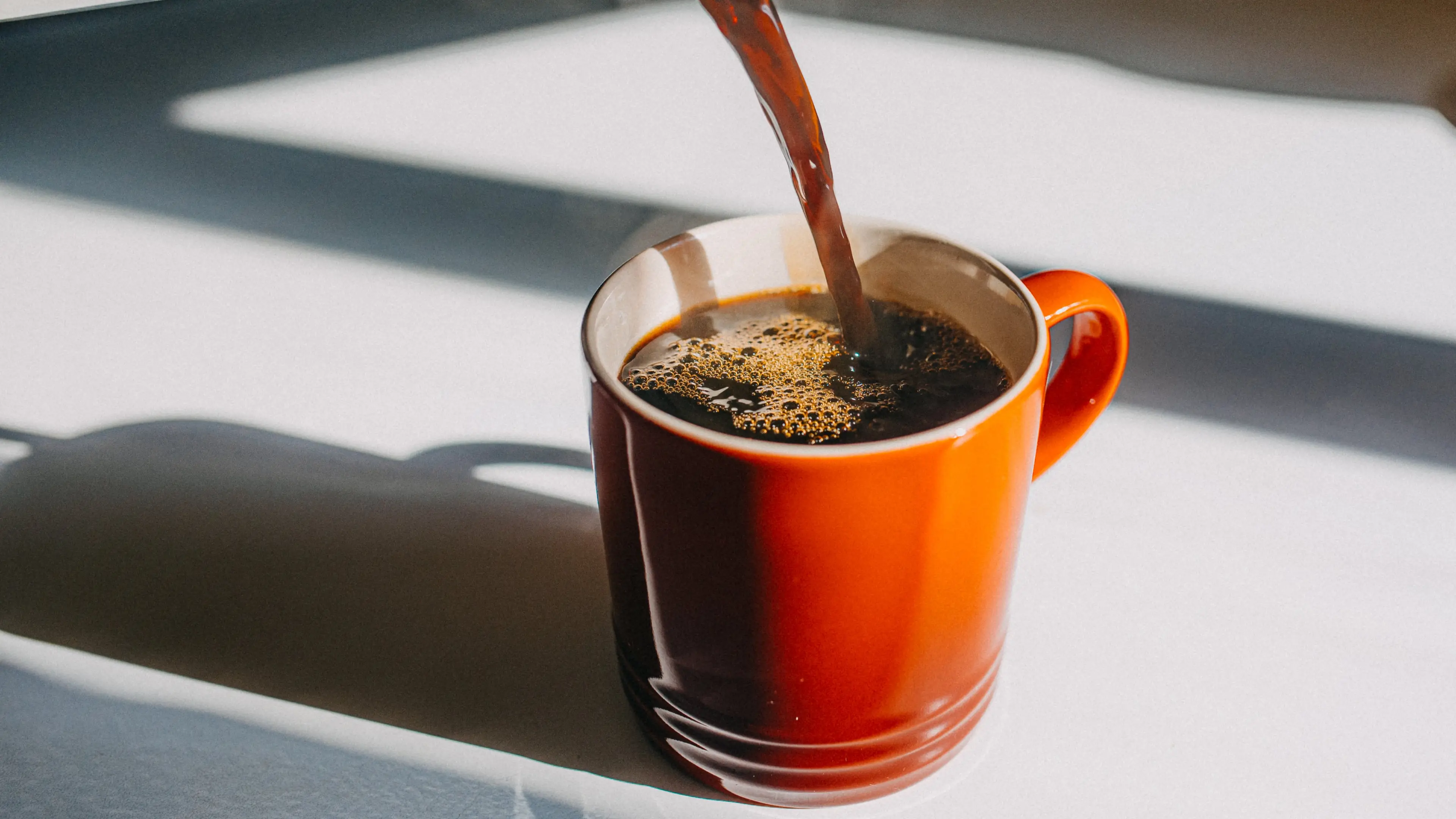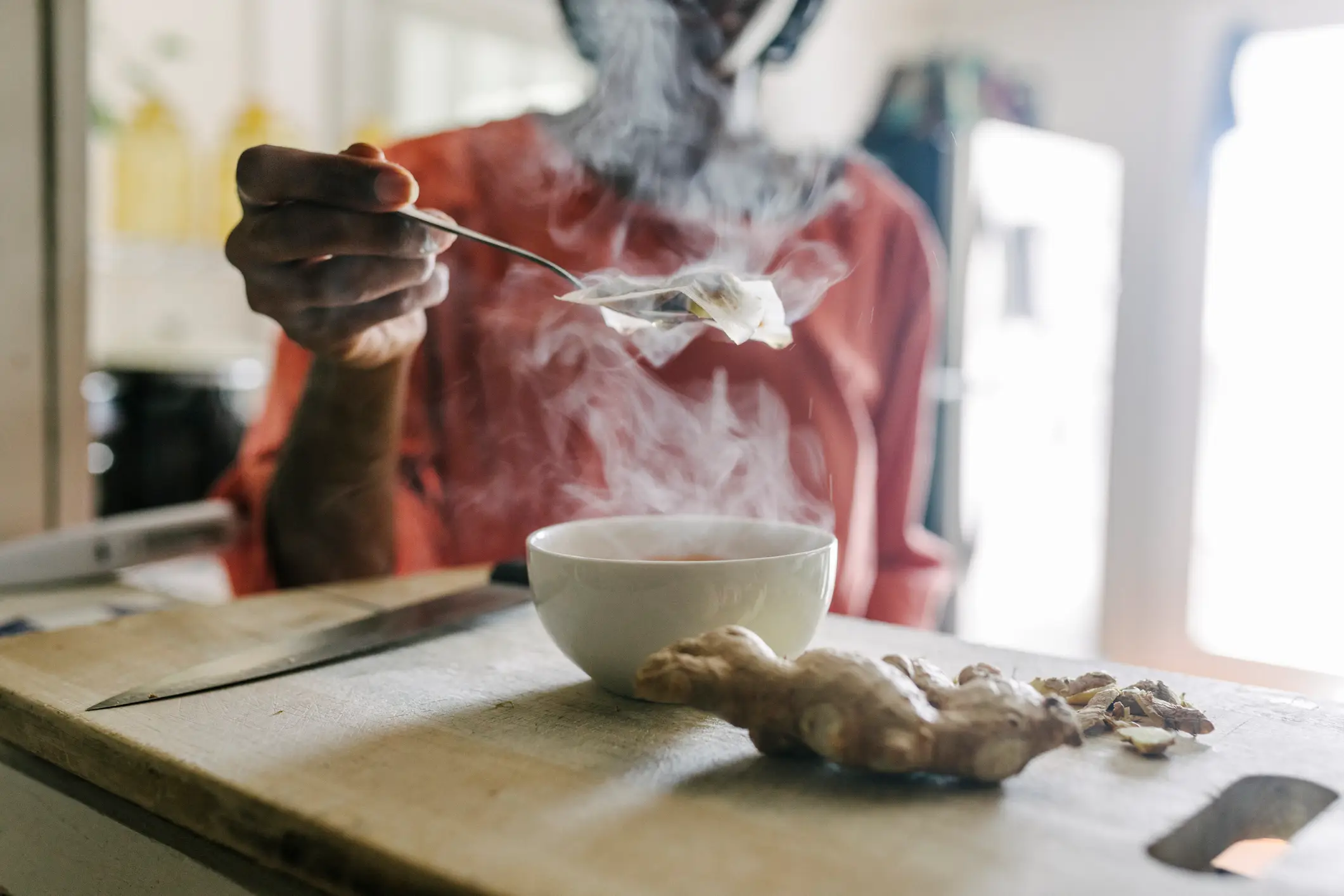
You’ve just rolled out of bed, bleary-eyed, full of inertia, and you make a beeline for the kettle.
Sure, some scientists reckon we should delay coffee consumption by around an hour after waking to make the most of it, but you don’t much care about that right now. You need caffeine and you need it now.
It’s brewed up and ready to go. Eager to sup some down, you wince through a few near-scalding sips. With practice, you might even have got to the point where you can drink coffee at a temperature hotter than most mortals can handle.
As with jumping the gun and chugging a coffee right after rising, this probably isn’t a great idea.
Advert
Research published in the British Journal of Cancer in April 2025 examined how drinking hot drinks can impact your risk of developing cancer, and it isn’t good news.

The study was conducted over a huge pool of participants that expanded on studies from Asia and South America which found a connection between regularly drinking hot drinks and developing squamous cell carcinoma (ESCC), a form of oesophagael cancer.
Those studies focused on drinks like maté tea so, to find out whether hot tea and coffee posed the same risk and whether the risk was the same in the UK population.
Researchers collated data from the UK Biobank Study, featuring around 454,800 adults aged between 40 and 69 who participated between 2006 and 2010. There was also a follow-up period which ran until late 2020.

After excluding participants with a history of cancer, alongside those with missing information around their tea and coffee intake and their smoking habits, they examined the number of cups of tea and coffee the remainder consumed each day.
They also looked at whether those participants preferred their drinks to be warm, hot or very hot.
As a control, the researchers gathered a group of people who drink neither tea nor coffee, or otherwise only drank hot drinks at a warm temperature.
As with the studies in Asia and South America, the researchers found that those who drank very hot drinks were at greater risk of developing ESCC, with the risk increasing with the frequency and volume of hot drinks they consumed.
They noted that the drinks themselves didn’t pose the increased risk, with the temperature being the factor associated with higher cancer risk.

It’s theorised that the hot drinks damage the oesophageal lining and thereby increases the risk of developing cancer over time.
"Although our findings suggest that drinking tea and coffee at hot and very hot temperatures is associated with increased risk of ESCC, it is important to make decisions about diet within the broader context of each beverage in health, rather than as a result of a single study or concerns about a single disease," said the study authors.
"Tea and coffee have each been associated inversely with overall mortality and incidence of a number of common diseases. However, individuals who like their beverages very hot might benefit from reducing the temperature of their beverages, at least with regard to their risk of ESCC."
